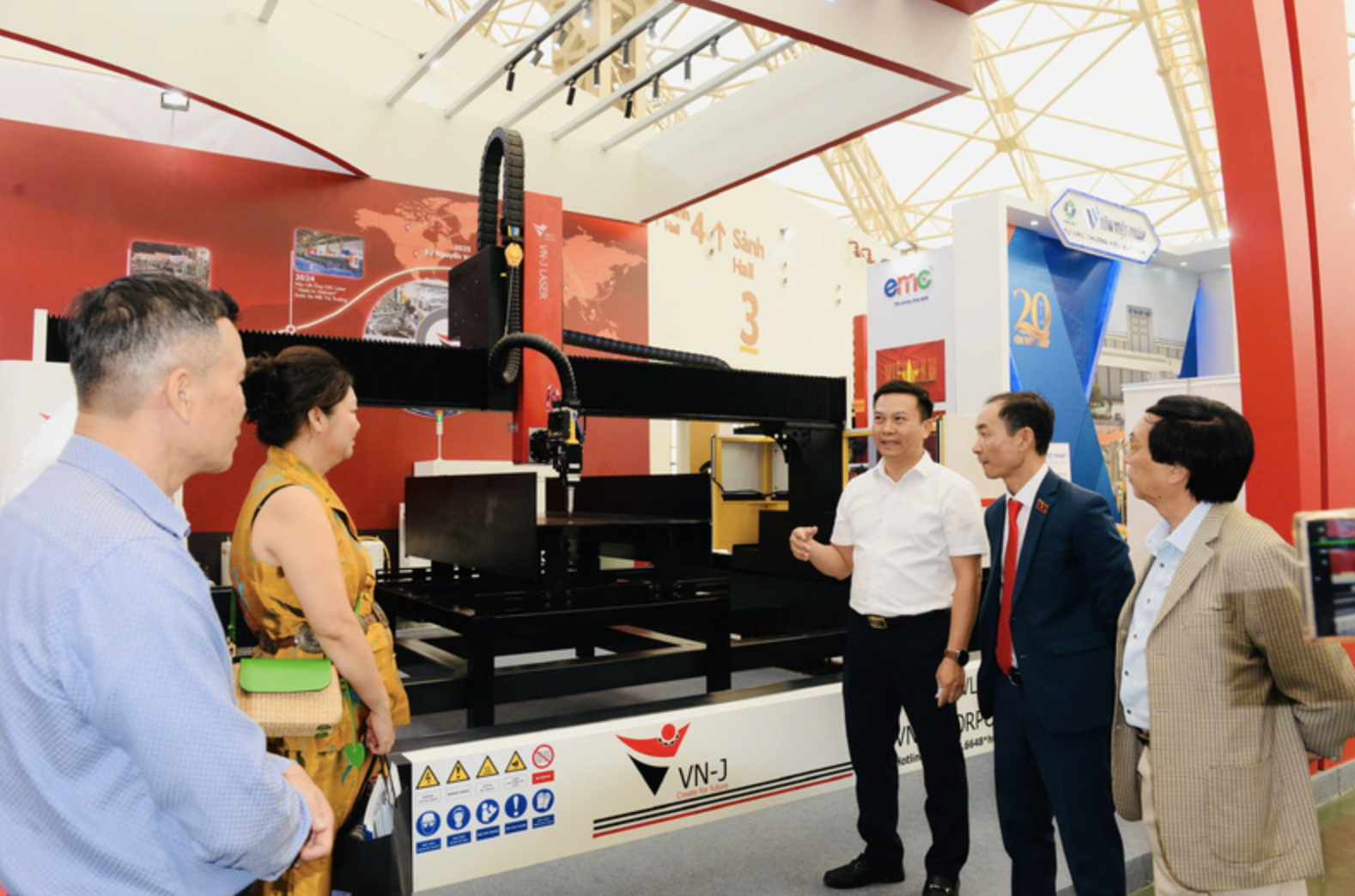
Supporting industries look to a new spring of growth
19:05 | 23/03/2025 18:04 | 20/02/2026Industry
Paris, the afternoon of June 4, 2025. At the headquarters of the International Energy Agency (IEA), a sleek modern building located just behind the Eiffel Tower, a special meeting took place between Vietnam’s Minister of Industry and Trade, Nguyen Hong Dien, and Dr. Fatih Birol, Executive Director of the IEA.
Fortunate to attend the event, I had the chance to meet one of the world’s 100 most influential figures, a man often called the “gatekeeper of energy".
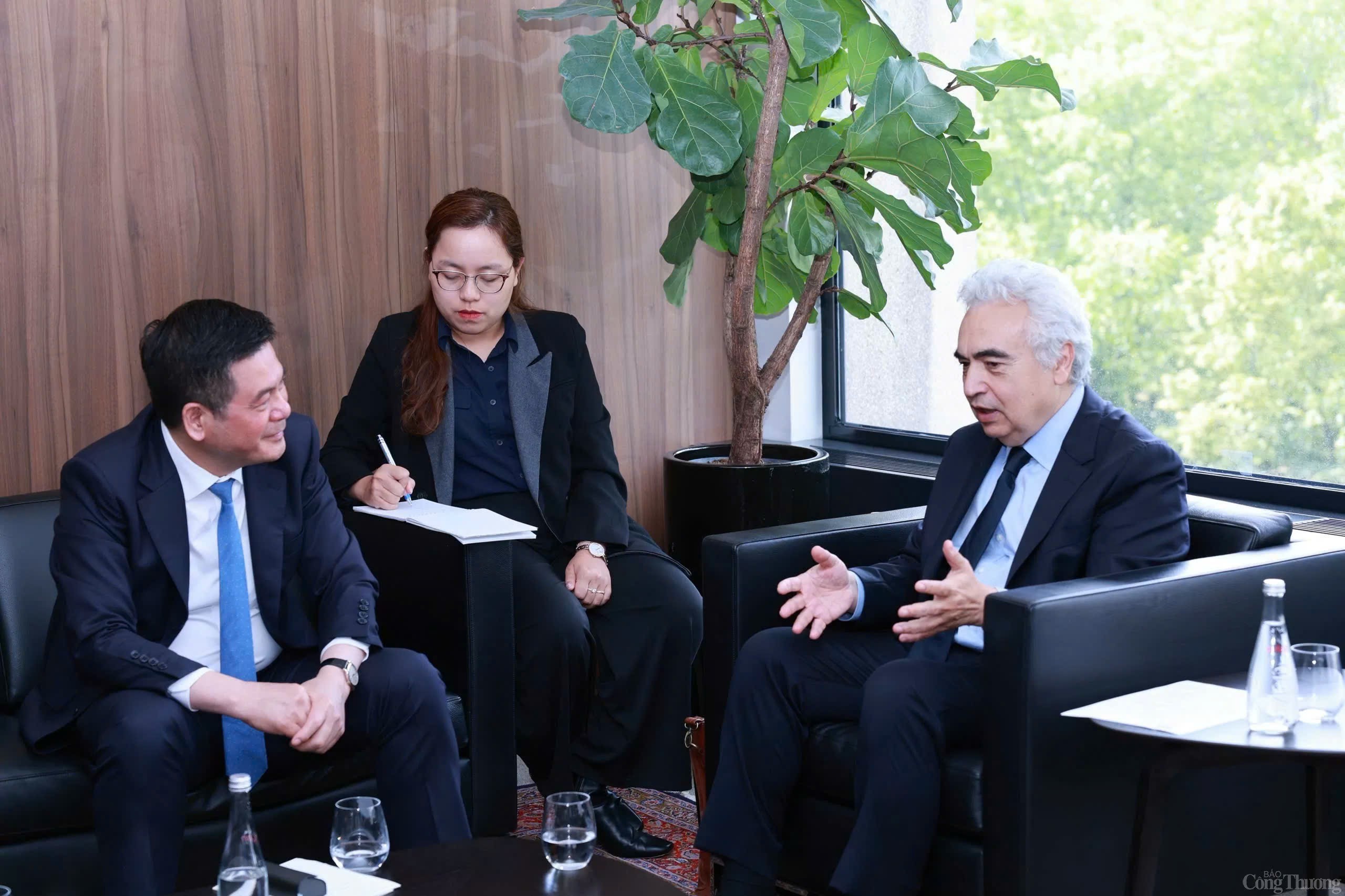 |
| Minister of Industry and Trade Nguyen Hong Dien, Head of the Vietnamese delegation in France, had a working session with Fatih Birol – Executive Director of the International Energy Agency (IEA). |
From Ankara to Paris: The journey of an energy economist
Born in 1958 in Ankara, Turkey, Fatih Birol earned his degree in energy engineering from Istanbul Technical University and went on to complete a PhD in energy economics at the Technical University of Vienna. He joined the IEA in 1995 as an analyst and steadily rose through the ranks to become Chief Economist, and eventually Executive Director in 2015.
Accompanying Minister Nguyen Hong Dien in his meeting with Dr. Birol, I was struck by how warmly and respectfully he welcomed the Minister and delegation directly into his personal office.
This gave me the opportunity to witness and observe the space where Dr. Birol works. His desk is not merely a surface for a laptop and papers, it is a focal point where intellect, vision, and ethics converge in a world grappling with the rapid evolution of energy.
On the dark wooden desk lay thick volumes on renewable energy, gas markets, the future of nuclear power, energy transition, and global climate reports. His workspace, the desk of a “global mind on energy", is filled with books on energy and its geopolitical dimensions: from “renewables", “gas markets", and “energy transition", to “climate change impacts", “nuclear energy", “hydrogen,” and “carbon policies".
Notable titles include The Weather Makers, a book on global climate change, and World Energy Outlook, the flagship publication of the IEA, which Dr. Birol personally led for many years. Also present were analyses from The Economist, Financial Times, and other leading publications. This shows that Birol is not merely a manager, but a lifelong learner who continuously updates his understanding of global energy trends, theories, and practices.
I also noticed that on his desk there were no disposable cups or plastic bottles, only a neatly placed glass bottle, reflecting his personal commitment to sustainable living. The desk was impeccably tidy, with no clutter in sight. Two computer monitors placed symmetrically revealed a structured and highly systematic working style.
Behind his chair, on the wall, hung a calligraphy painting featuring an Eastern-style circular yin-yang symbol reminiscent of the I Ching’s Tai Chi, a strikingly rare detail in the office of a Western institutional leader. It reflects his deep appreciation for Eastern philosophy, likely influenced by his engagements with China, Japan, South Korea, and perhaps a personal affinity for balance and symmetry, values that mirror the very essence of the energy sector. The I Ching, with its focus on transformation, harmony, and systemic thinking, aligns seamlessly with the philosophy that the IEA, under Birol’s leadership, has embraced: transitioning from fossil fuels to renewables, from a unipolar to a multipolar energy world.
Lying prominently on the desk was World Energy Outlook, the strategic publication he has helmed for years. There was no mistaking it—this was the desk of a man who is both a technocrat and a philosopher in the energy realm.
What defines Fatih Birol’s character isn’t grandiose rhetoric, but such quiet, deliberate details. He is a leader who doesn’t boast about his vision, he lets it be seen in what he chooses to surround himself with.
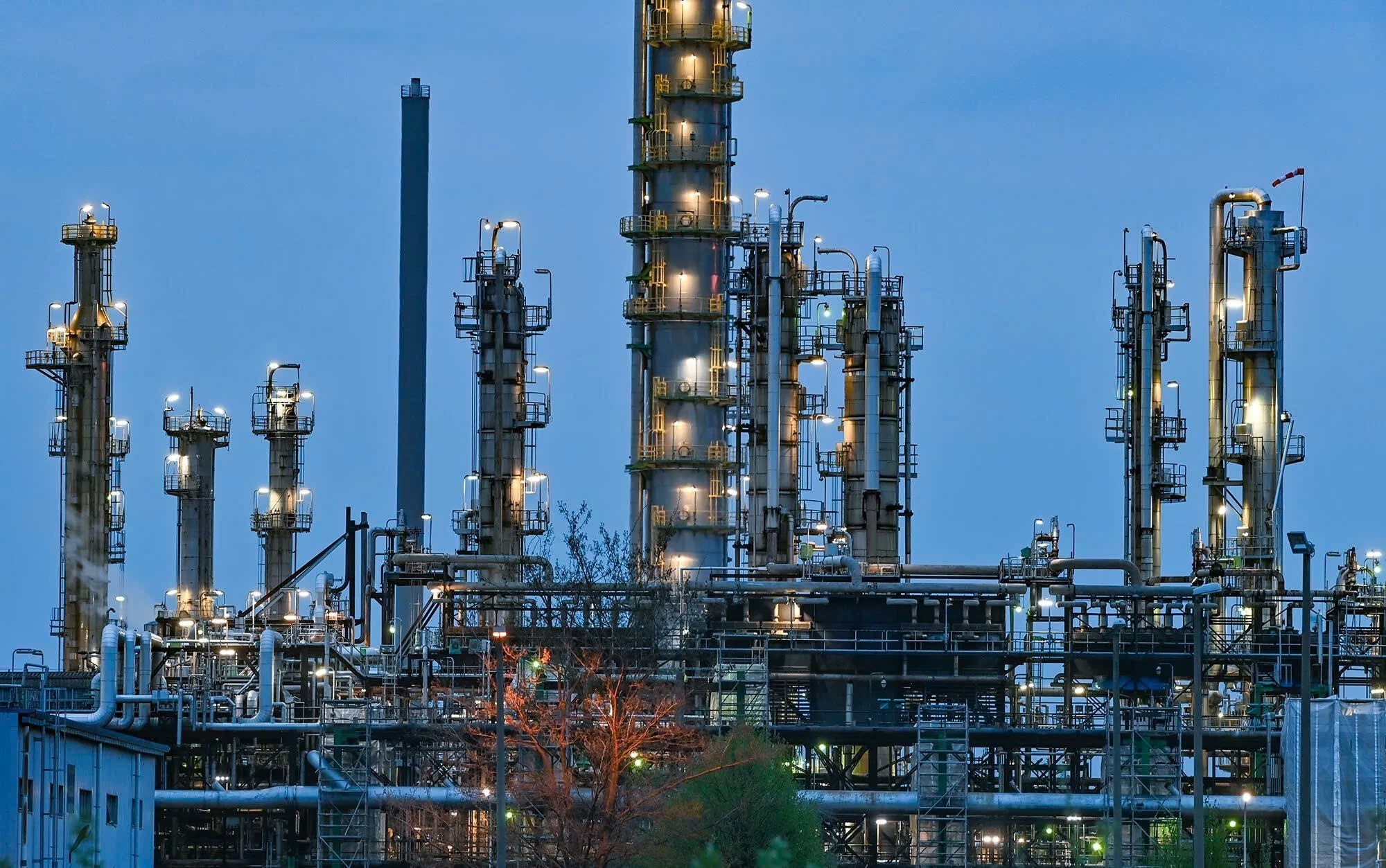 |
| Under the leadership of Fatih Birol, the IEA has expanded cooperation with emerging economies such as China, India, Brazil, and South Africa, establishing the organization as a global hub for the clean energy transition. |
Under his leadership, the IEA has expanded collaboration with emerging economies such as China, India, Brazil, and South Africa, transforming the agency into a global hub for clean energy transition. Birol also continues to lead the development of the World Energy Outlook, now a critical reference for governments and corporations worldwide.
Redefining the IEA’s mission
Through his visionary leadership, Birol has guided the IEA from its original mission of protecting the oil security of OECD countries to becoming a multilateral, inclusive global center for clean energy transition. He has expanded the IEA’s role beyond the G7 and OECD, forging strategic partnerships with developing and emerging economies like China, India, Indonesia, Brazil, and notably Southeast Asia, including Vietnam.
Among his most important contributions is the 2021 release of Net Zero by 2050, the first comprehensive and practical roadmap for achieving global net-zero emissions by mid-century. This landmark report has become a strategic resource for national energy planning, investment policy, and industrial restructuring.
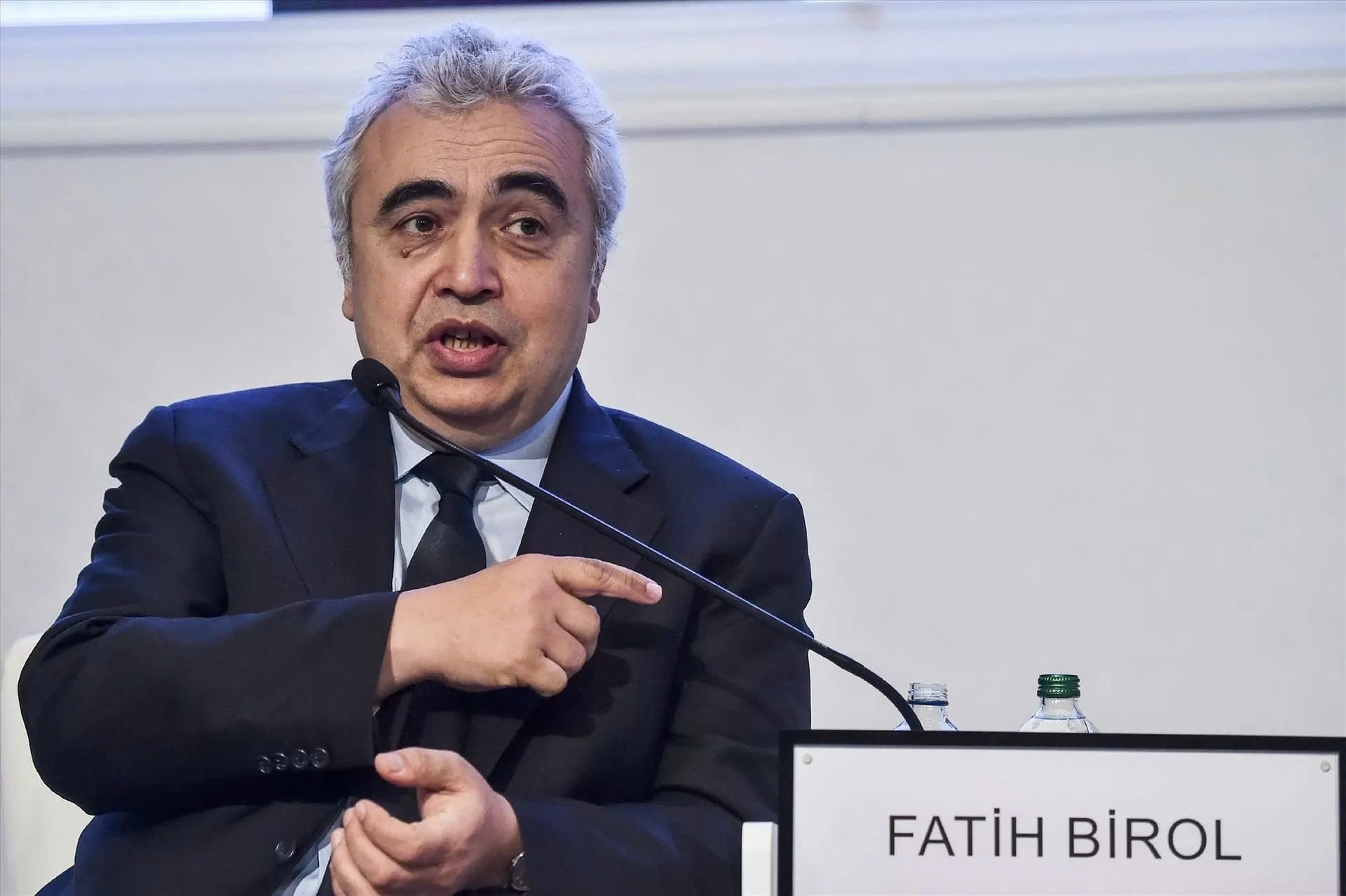 |
| One of Fatih Birol’s most significant contributions is the “Net Zero by 2050” report, published in 2021. |
In 2022 and 2023, Time magazine named him among the world’s 100 most influential people for two consecutive years. Commenting modestly on this recognition, Birol said: “I’m very humbled. This is an honor I share with my dedicated colleagues at the IEA who work tirelessly to help the world better understand how the energy sector can lead the fight against climate change... Whatever influence I may have, I want to use it to help countries accelerate clean energy transitions in a way that is sensible, fair, and secure—to give the world a fighting chance to limit global warming to 1.5°C, perhaps humanity’s greatest challenge.”
In an article for Time on the 100 most influential people, U.S. Presidential Envoy John Kerry wrote: “In a world where truth is under siege, Fatih Birol combines the best of high-tech data, optimistic insight, and old-school rhetorical skill. A trusted advisor to world leaders, he is a principled authority on what it takes to cut carbon emissions and save our planet".
Kerry added: “Birol transformed the International Energy Agency from an organization that primarily monitored oil markets into the leading advisor to the world’s major economies on all aspects of energy technology. This year, drawing on more than a decade of analysis, his IEA delivered the first comprehensive roadmap to reach global net-zero emissions by 2050 and reduce the risk of catastrophic climate impacts".
A global messenger for clean energy
Fatih Birol is not merely a policymaker, he is a bridge between centers of power, from Washington to Brussels, Beijing to New Delhi, shaping a global consensus on the energy transition. He is regularly invited to speak at the World Economic Forum in Davos, the G20, COP26, COP28, and frequently meets with national leaders at the highest level.
He serves as Chair of the World Economic Forum’s Energy Advisory Board, an Honorary Member of the UK’s Royal Academy of Engineering, and has been a senior advisor to several United Nations programs on sustainable development and climate action. He has received prestigious honors including France’s Legion of Honor, Germany’s Order of Merit, and other awards from Japan, Italy, and Finland.
In Southeast Asia, Birol has been a pioneer in promoting energy cooperation between the IEA and ASEAN. Under his leadership, the IEA has provided technical support, data sharing, and policy advice to many countries in the region, particularly Vietnam.
During his meeting with Minister Nguyen Hong Dien, Birol praised Vietnam as a “bright spot for renewable energy” and a nation with strong potential in offshore wind, solar energy, and even next-generation nuclear power. The Memorandum of Understanding signed between the IEA and Vietnam’s Ministry of Industry and Trade on June 4, 2025, is a testament to this special relationship.
Birol’s influence lies not only in his strategic policy-making and analytical acumen but also in his ability to inspire and drive practical action. He frequently engages with youth, organizes capacity-building workshops, and advocates for equitable energy access—where “no one is left behind".
For these contributions, TIME in 2021 named him among the world’s 100 most influential people, alongside global leaders and innovators. The magazine described him as “the architect of a new energy future,” a man “with a strategic mind and a global heart".
Paris - Hanoi connection: A new journey begins
In his meeting with Minister Nguyen Hong Dien, Birol expressed admiration for Vietnam’s progress in renewable energy, especially solar power. He also shared his desire to support Vietnam in developing offshore wind and nuclear energy to meet rising energy demands and fulfill its net-zero emission commitments.
“Vietnam is a bright energy spot in Southeast Asia,” Birol remarked, adding, “We are ready to assist Vietnam in accessing new technologies, training human resources, and mobilizing finance for clean energy projects.”
More than just the head of the IEA, Birol also serves as Chair of the World Economic Forum’s Energy Advisory Council and is a member of many international energy and climate organizations. He fondly recalled his meeting with Prime Minister Pham Minh Chinh at the G7 Summit and expressed confidence in Vietnam’s vision and ambition for clean energy. Birol has always emphasized the role of nuclear energy in ensuring energy security and reducing greenhouse gas emissions. He believes that to reach net-zero by 2050, the world must triple its current nuclear power capacity, and he looks forward to seeing Vietnam resume its nuclear energy program soon.
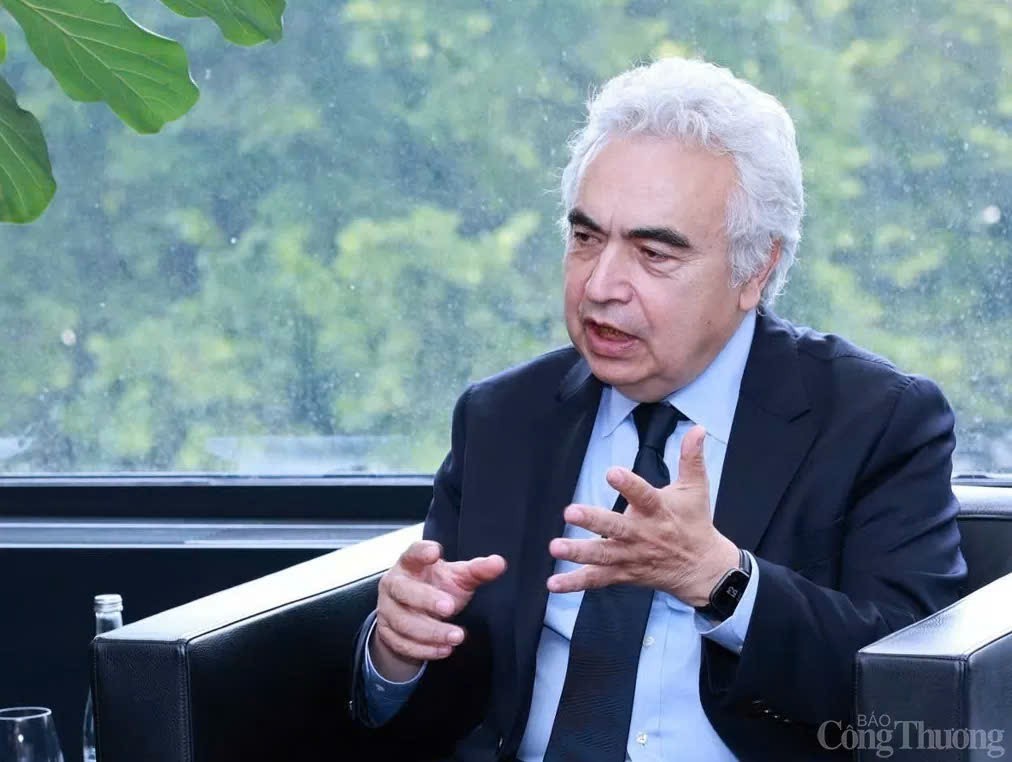 |
| During the meeting with Minister Nguyễn Hồng Diên, Mr. Birol expressed his admiration for Vietnam’s progress in the field of renewable energy, especially solar power. |
After the meeting, Dr. Birol personally escorted Minister Nguyen Hong Dien all the way to the curb, waiting until the Minister had entered the car before returning inside. This small but sincere gesture spoke volumes about the respect and affection he holds for Vietnam and its partners. He promised to visit Vietnam in the near future to begin implementing the areas outlined in the newly signed memorandum of cooperation—including policy consultation, human resource training, and technical support for clean energy projects.
“We are not just partners—we are companions on a shared journey toward a sustainable energy future,” Birol said warmly.
Fatih Birol is a symbol of the global energy transition—from the outdated to the modern, from pollution to sustainability, from monopolies to partnerships. His influence is not confined to the offices of Paris; it extends to international summits, power plants, offshore wind farms, and university lecture halls around the world.
To him, energy is not just electricity or fuel—it is trust, fairness, peace, and the future of humanity.

19:05 | 23/03/2025 18:04 | 20/02/2026Industry

19:05 | 23/03/2025 17:48 | 20/02/2026Trade
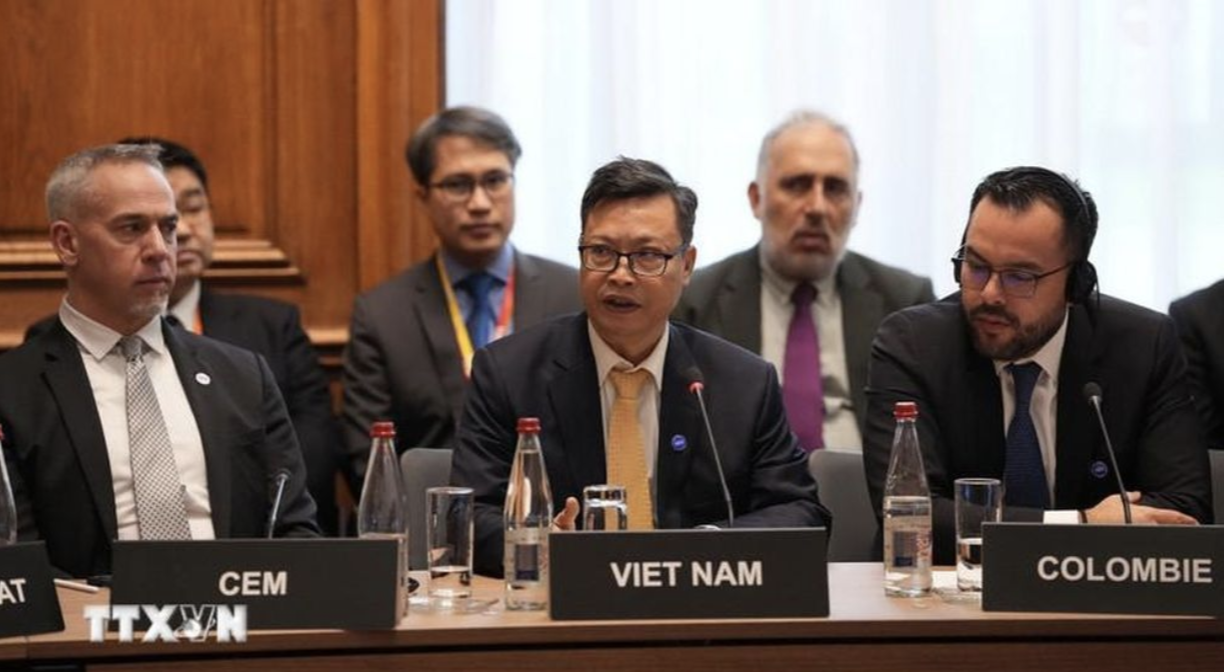
19:05 | 23/03/2025 16:25 | 20/02/2026News and Events
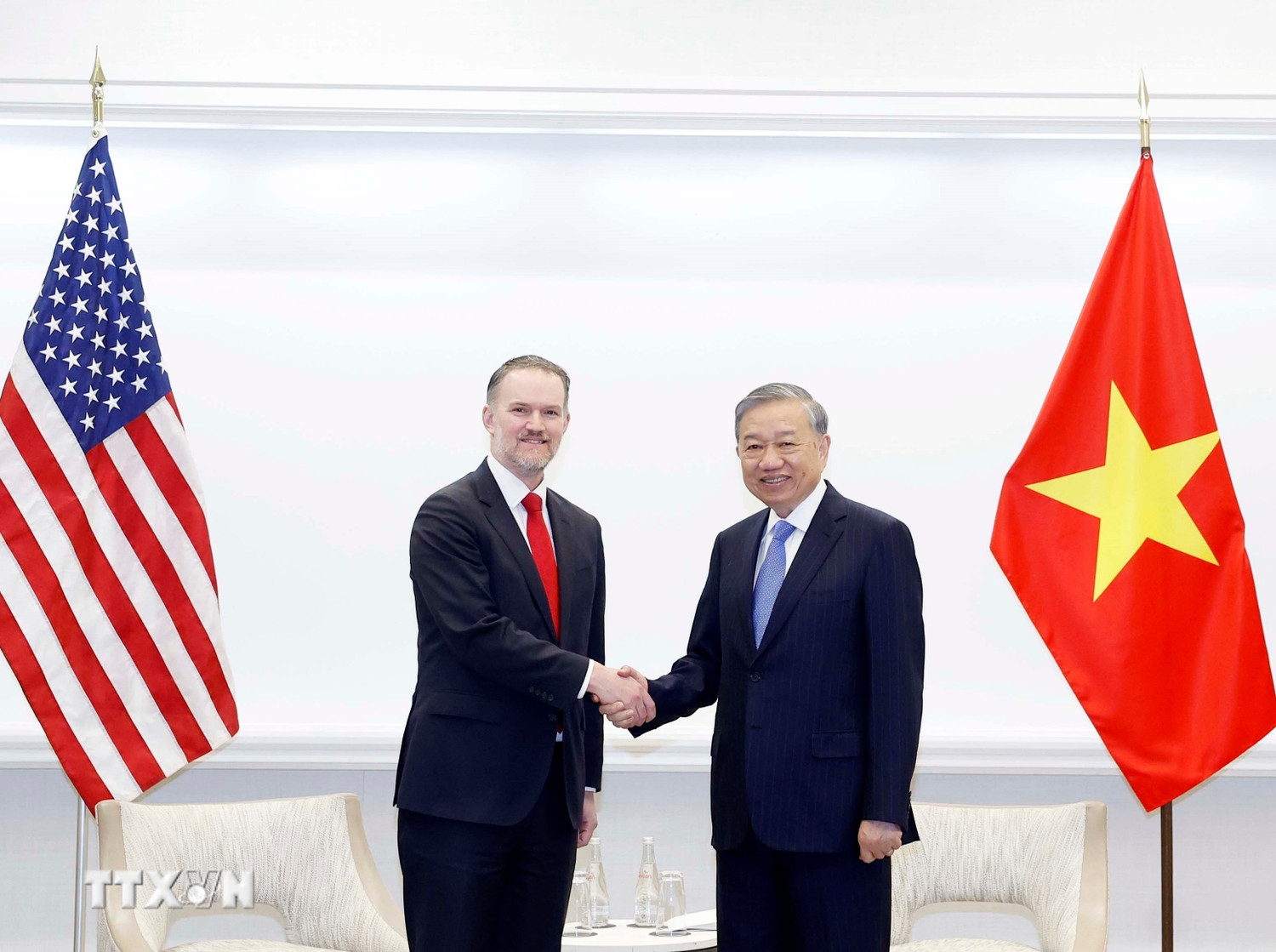
19:05 | 23/03/2025 16:23 | 20/02/2026News and Events
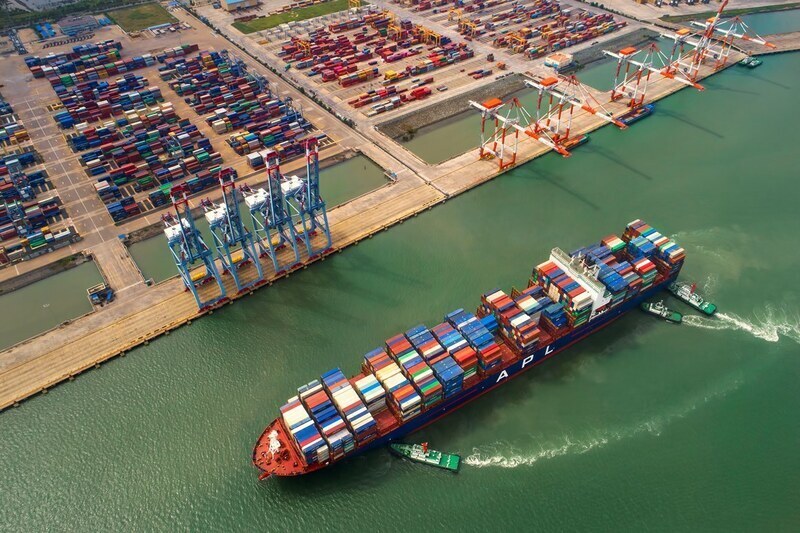
19:05 | 23/03/2025 11:22 | 20/02/2026Industry